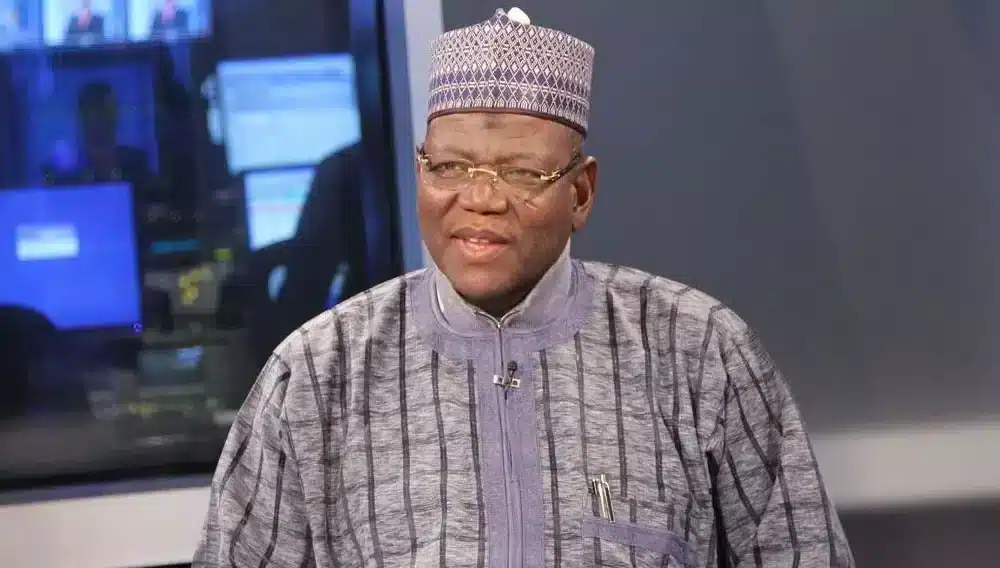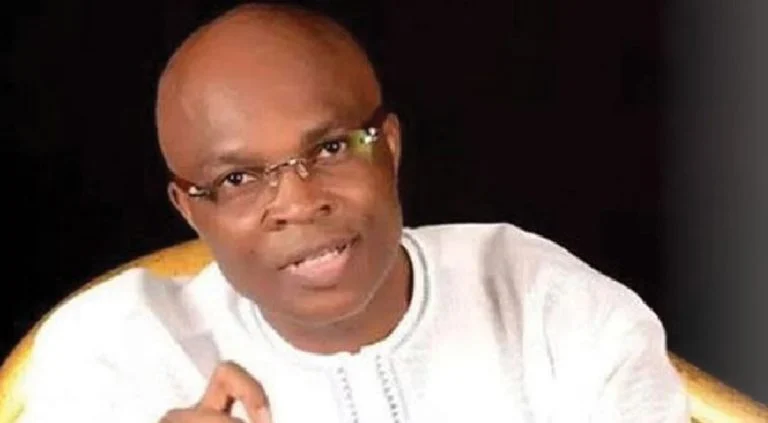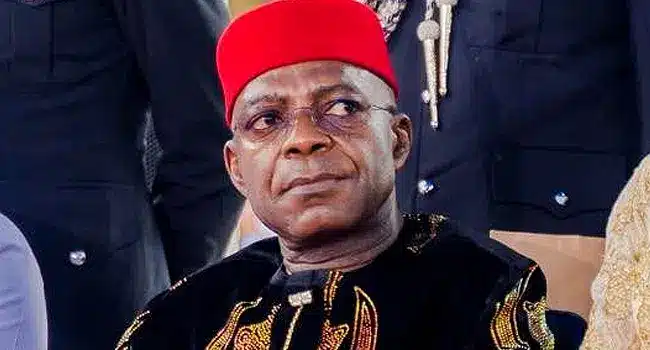The current challenges facing the Peoples Democratic Party (PDP) can be attributed, in part, to the consequences of divisions among northern leaders in 2007, according to Sule Lamido, a former Minister of Foreign Affairs and a long-standing member of the PDP.
In an interview, Lamido was asked why he remained loyal to the party despite the ongoing crisis within the party. He explained that understanding the essence of the PDP requires a historical context, spanning from 1998 to the present, almost 30 years. He emphasized that articulating the party’s philosophy is intricate and that one cannot evaluate the current state of the party without considering its origins and evolution.
Lamido highlighted the June 12 crisis, in which the annulment of the election recognized as the most fair and transparent in Nigeria’s history, led to significant divisions within the country. He stated that the PDP was formed to restore Nigerians’ trust, which had been shattered by the June 12 crisis. At that time, the focus was not on infrastructure or economic policies but on rebuilding Nigeria as a united nation.
Lamido pointed out that the PDP’s decision to locate the presidency in the South-West as a symbolic gesture to appease the Yoruba people for the pain caused by June 12 was a significant step in healing the nation’s wounds. He praised Olusegun Obasanjo’s presidency, which stabilized the country and restored Nigeria’s unity.
However, Lamido noted that Obasanjo’s bid for a third term in office marked the start of internal tensions within the party. He recalled that Obasanjo was subjected to humiliation during his second term, including being made to kneel and beg. Lamido speculated that Obasanjo’s desire to secure his legacy and protect his investments in Nigeria led him to attempt a third term.
Lamido also revealed that Obasanjo attempted to justify his third-term bid by saying that if he left office with only four months remaining, he would be betrayed by those he considered allies. The attempt ultimately collapsed, and Obasanjo brought in Yar’Adua, who had strong leadership qualities and came from a respected family.
Lamido attributed the current weakness of the PDP to the cracks in the North, which began to emerge after Yar’Adua’s death. He noted that prominent PDP members had defected to the All Progressives Congress (APC), attacking the PDP as corrupt and divisive. These defectors played a significant role in the APC’s victory in 2015.
Regarding the ongoing crisis within the PDP, Lamido emphasized that he and other stakeholders are working underground to restore the party’s fortunes ahead of the 2027 general elections. He believed that it is possible for the party to be restored, not for personal gain but for Nigeria’s sake.



